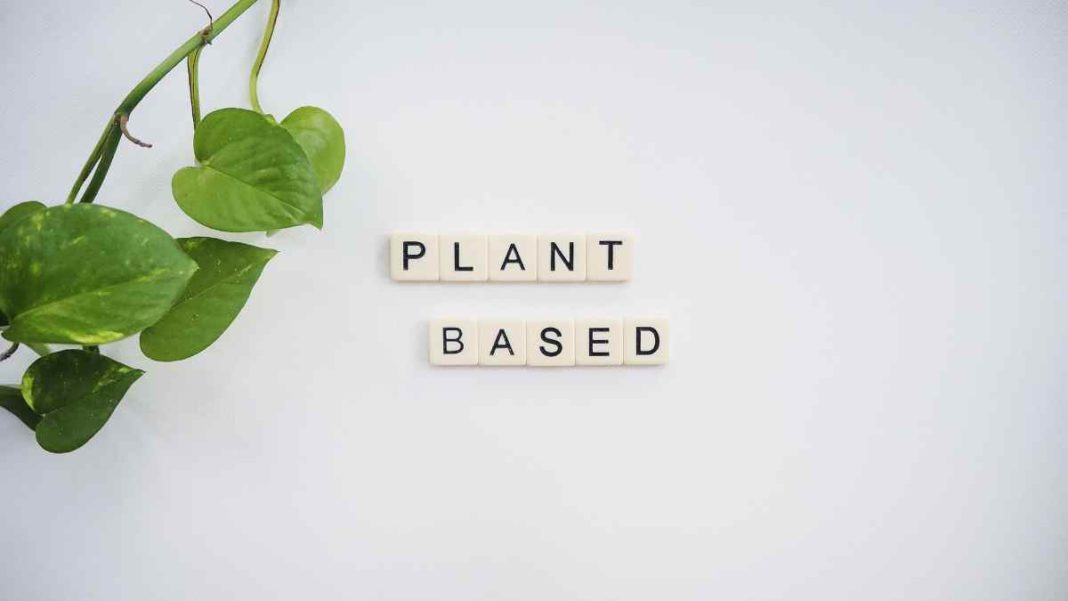INDIA: A plant-based diet is one that is based on foods derived from plants, such as fruits, vegetables, whole grains, legumes, and nuts. Plant-based diets are different from vegetarian diets. Vegetarian diets include foods like milk, curd, etc., which are animal-derived and are therefore omitted from plant-based diets.
Plant-based diets have become increasingly popular in recent years, with many embracing them for health, ethical, and environmental reasons.

All diets have their own benefits and drawbacks. Similarly, there are both benefits and disadvantages to a plant-based diet.
Benefits of a Plant-based diet
Lower risk of chronic diseases: A lower risk of chronic conditions like heart disease, type 2 diabetes, and some types of cancer has been associated with plant-based diets.
This is because plant-based diets are typically high in fibre, vitamins, minerals, and antioxidants, all of which are important for good health.
Improved gut health: By encouraging the development of helpful bacteria in the gut, a plant-based diet can enhance gut health. This is because it is typically high in fibre, which feeds the good bacteria in the stomach and helps keep the digestive system healthy.
Lower environmental impact: Plant-based diets are generally more sustainable and environmentally friendly than diets that rely heavily on animal products.
This is because the production of animal products requires more resources, such as land, water, and energy, than the production of plant-based foods.
Cost-effective: Plant-based diets can be more cost-effective than diets that rely heavily on animal products, as plant-based foods are often less expensive than meat, poultry, and fish.
Drawbacks of a Plant-based diet
Nutrient deficiencies: This is one of the significant drawbacks of a plant-based diet; it can be low in certain nutrients that are primarily found in animal products, such as vitamin B12, iron, and omega-3 fatty acids.
People willing to follow a plant-based diet must ensure that they are getting adequate amounts of these nutrients through supplements or fortified foods.
Increased food preparation time: A plant-based diet can require more time and effort for food preparation, as plant-based meals often require more chopping, cooking, and blending than meals that rely heavily on animal products.
Increased need for variety: A plant-based diet can require more variety in food choices to ensure adequate nutrient intake. This may be challenging for those with limited access to fresh produce or who struggle with food preferences or allergies.
Social challenges: Following a plant-based diet can be challenging in social situations, such as eating out or attending social events where food is served. It may be challenging to find suitable plant-based options, and some people may face social pressure or criticism for their dietary choices.
In conclusion, a plant-based diet can offer many health, ethical, and environmental benefits. However, it’s essential to be aware of the potential drawbacks and to ensure that nutrient needs are being met through proper planning and supplementation. As with any dietary approach, it’s essential to consult with a healthcare provider or registered dietitian before making significant changes to your diet.
Also Read: Is Keto Diet Good For Your Body?



